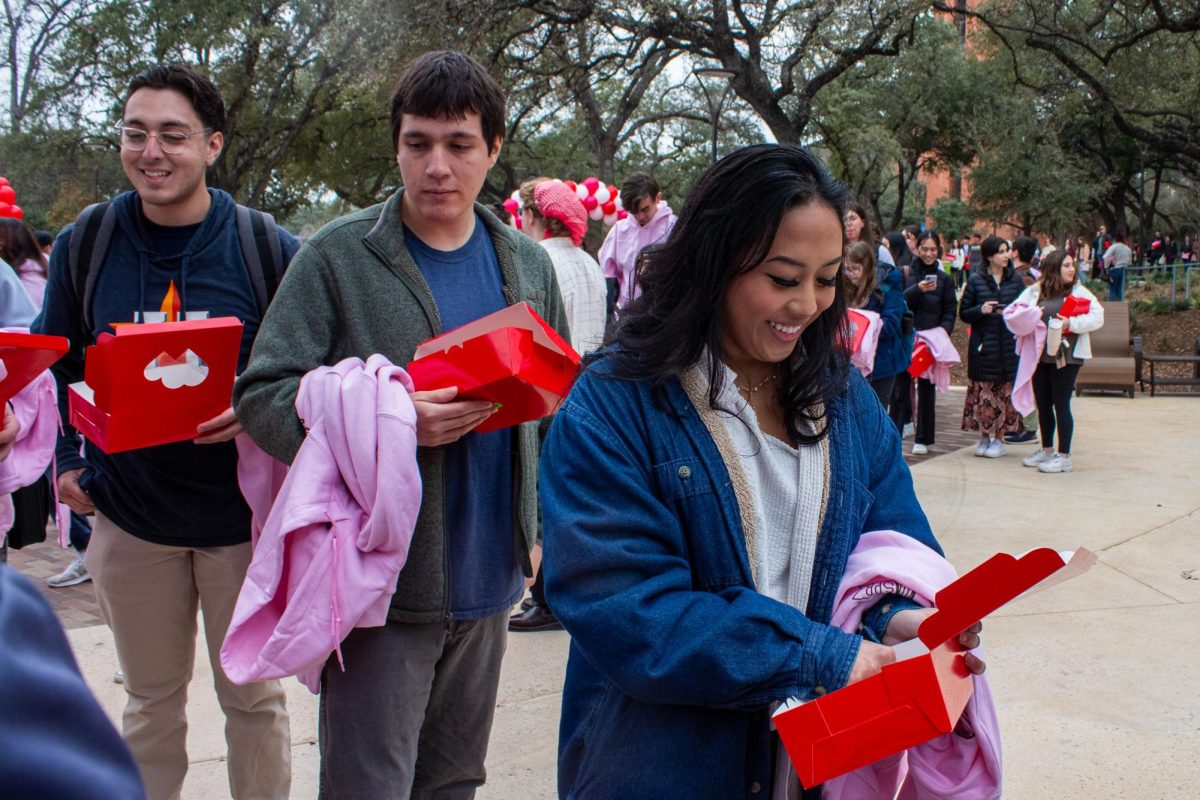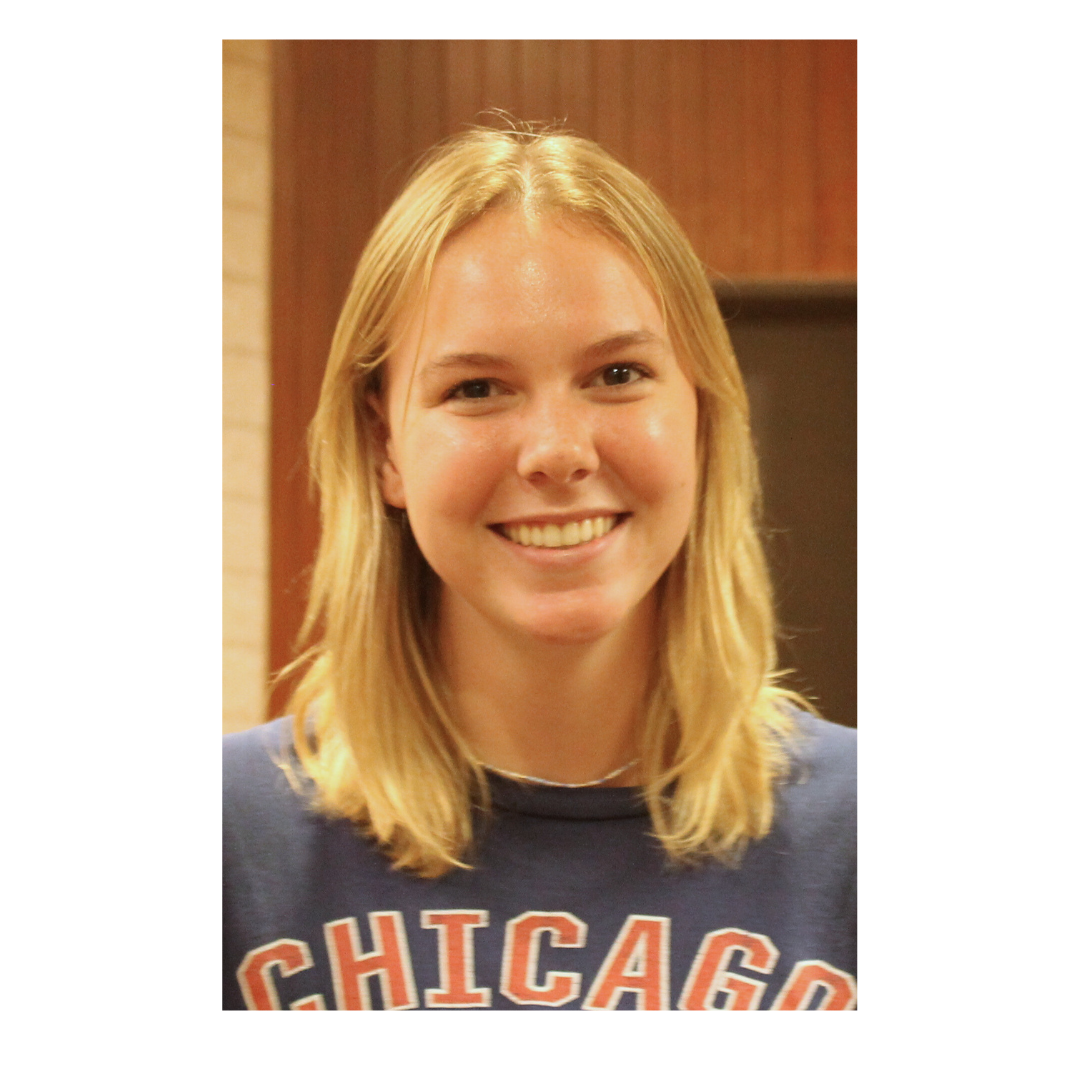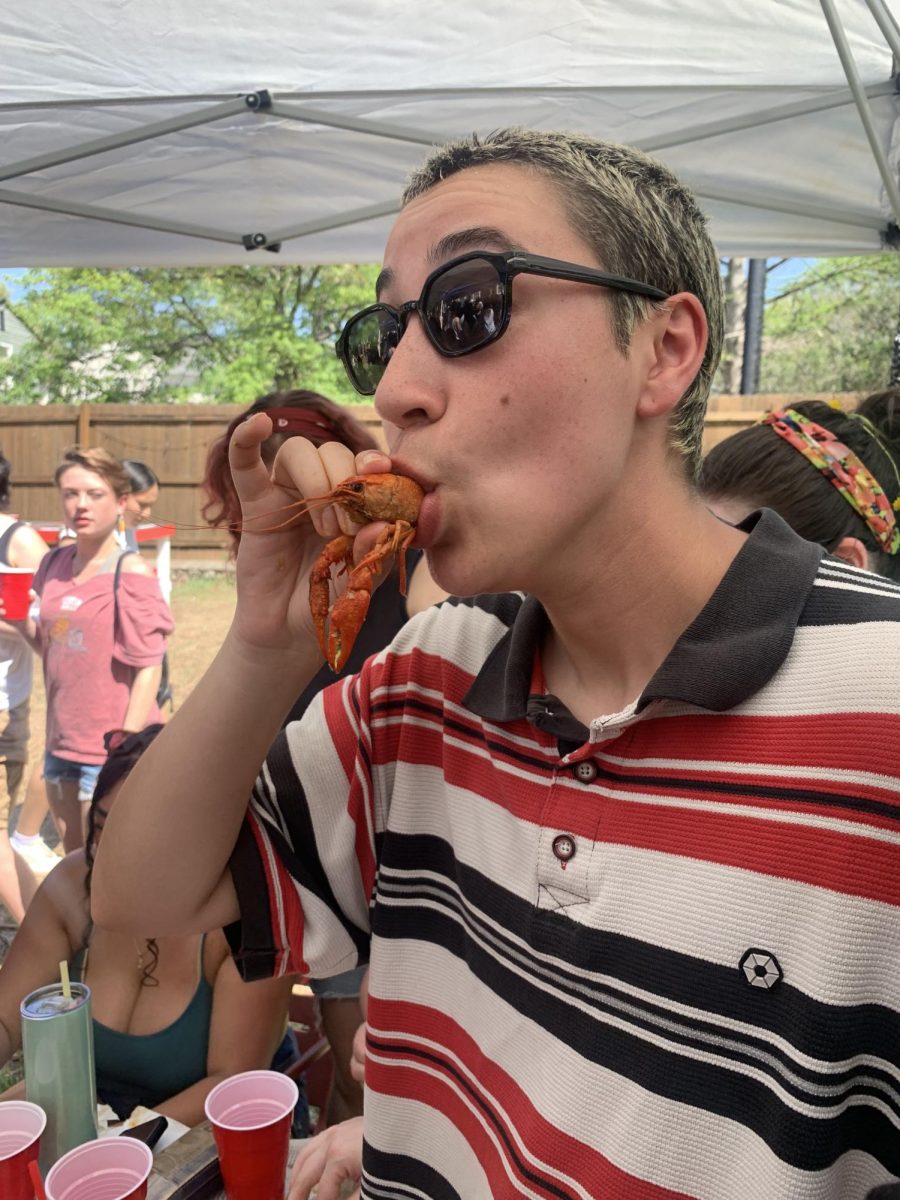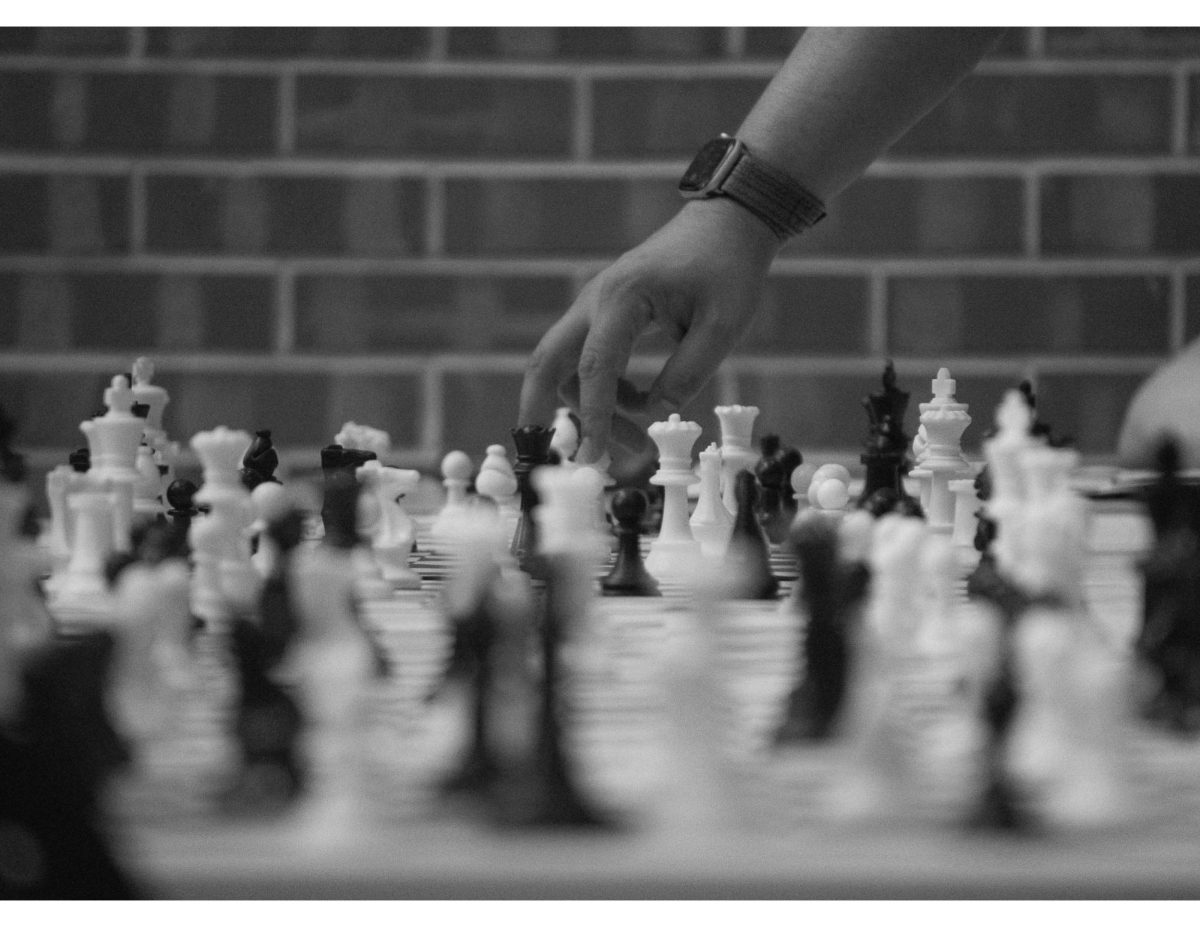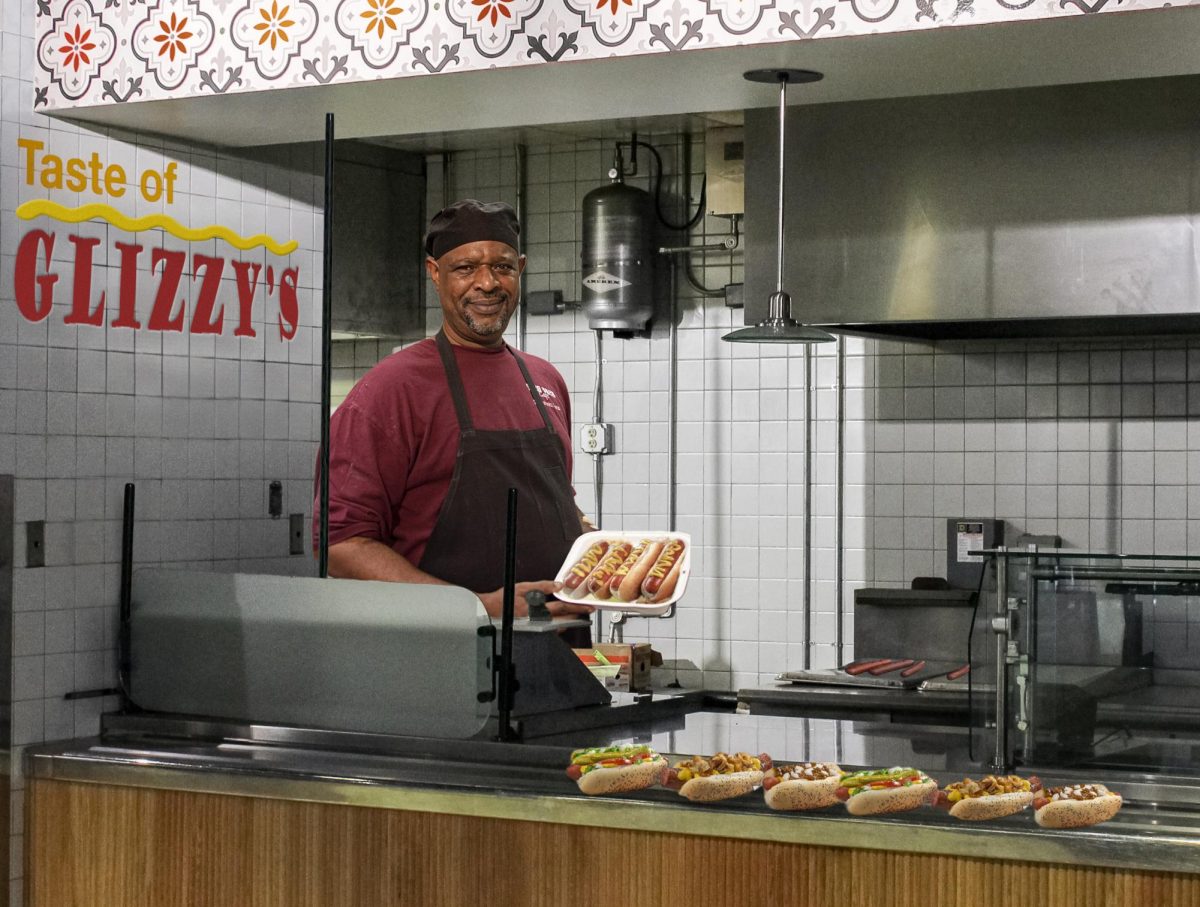Photo provided by Trinity University
Only days into on-campus living, the unthinkable happened: there was a decent-sized first-year party at Prassel. It ended poorly, and the rumors have been flying ever since; first-years crowded on balconies and Prassel roof, drinks in hand and ejections from campus once Residential Life found out — but what really happened?
Somehow, the door to the Prassel roof was left unlocked. Students found the unlocked door, went onto the roof and started talking to other students on balconies. Word spread via the balconies, and potentially social media or messaging apps, attracting around 15-30 students to the roof. People came and went from the “party,” which lasted about an hour until Prassel resident assistants caught wind of the gathering and arrived at the scene. People dispersed, and of the roughly 15-30 partiers, only a few were conclusively identified.
What really happened at the party remains a mystery among students living on campus. For Claire Sammons, first-year and intended communications and anthropology double-major, what happened on Prassel roof has become more myth than fact.
“The Prassel party has been the one thing everyone has been talking about, and no one knows the truth on it,” Sammons said. “And if they do know the truth on it, they’re not going to talk about it.”
David Tuttle, dean of students, is perturbed by the party, but not necessarily unsurprised.
“We were disappointed that this happened, but you see [these] types of things happening on other campuses,” said Tuttle. “Regardless of somebody’s age, this could have dire consequences.”
Tuttle’s primary concern lies in the potential for COVID-19 to spread among faculty, staff and other students.
“We worry about the health and safety of employees on campus and employees off-campus,” Tuttle said. “A lot of people want to be here. Students are invested in making this work because they don’t want to have to leave. … If we shut down, people could lose their jobs.”
Rumors continue to fly about whether the students on the roof were wearing masks, if illegal substances were involved and whether or not attendees were ejected from campus. Because not every attendee of the party was identified, no one was sent home.
“Had we identified all the people on the roof, we certainly would have asked everyone to leave,” Tuttle said.
It was deemed unfair to send some people home while other equally-responsible people stayed. Tuttle said that he felt the administration was “measured in our response, but [did] what we said we would do.”
Given the university’s COVID-19 policies and lots of students’ strong feelings about them, an incident like this one was guaranteed to get attention.
“I think it got a lot of attention because some poor decision-making was put on display,” Tuttle said. “The students had just gotten here … I think some people tested limits.”
Sammons observed that, initially, there was lots of confusion surrounding Trinity’s on-campus COVID-19 policies.
“Kids [were] getting in trouble for following the rules and [for] not following the rules,” Sammons said. “When we got here a lot of people were under the impression that you couldn’t sit next to anybody without a mask on. Kids would get violations for eating outside.”
Sammons is more concerned about the activities of upperclassmen as opposed to first-years.
“The school can kind of contain what we’re doing on campus,” Sammons said. Upperclassmen, many of whom are not on campus, do not have nearly the same level of supervision.
Sofia Biller, a sophomore neuroscience major and Thomas resident, disagrees.
“Since the start of school, I have noticed that almost all issues concerning safety and following the COVID-19 guidelines have been caused by freshmen,” said Biller. “I understand that they want to have a ‘college experience,’ and that many of these students have been socially starved for months, but these are unprecedented times and everyone has to make sacrifices.”
Trinity’s social sphere has, predictably, taken a hit from the pandemic. Many students living on campus are finding formerly everyday peer interactions to be few and far between.
“What’s really been hard is making friends,” Sammons said. “You don’t have social time in class, you can’t talk to people after class [be]cause it’s Zoom. You just have to walk up to people and say hi.”
While they may be new to campus, first-years are not the only students facing difficulties socializing due to social distancing practices.
“I can say I’m actually probably more isolated [on campus] than when I was living at home,” Biller said.
Despite what has happened, Tuttle remains optimistic for the semester.
“Most people are trying to be compliant because they understand it’s the right thing,” Tuttle said. “[Students] know we are serious, Student Government and the Conduct Panel are serious. People will comply to the best of their ability. I think people are doing the best they can with the situation, and we’re pretty pleased so far.”
The Prassel party incident was handled entirely by the administration, as the incident happened before the members of the Student Conduct Panel had arrived on campus. Future incidents of this nature will be sent before the panel.


